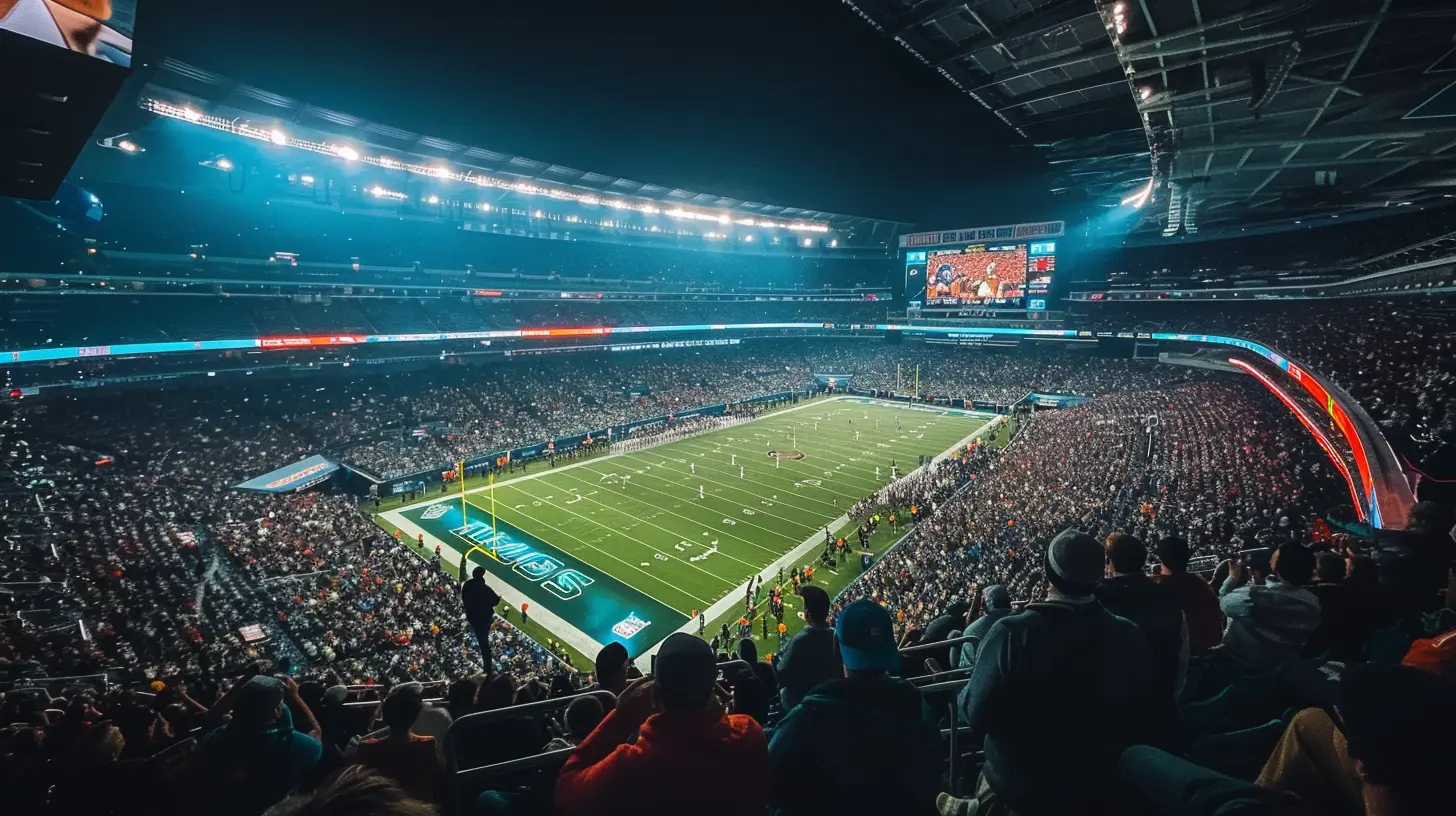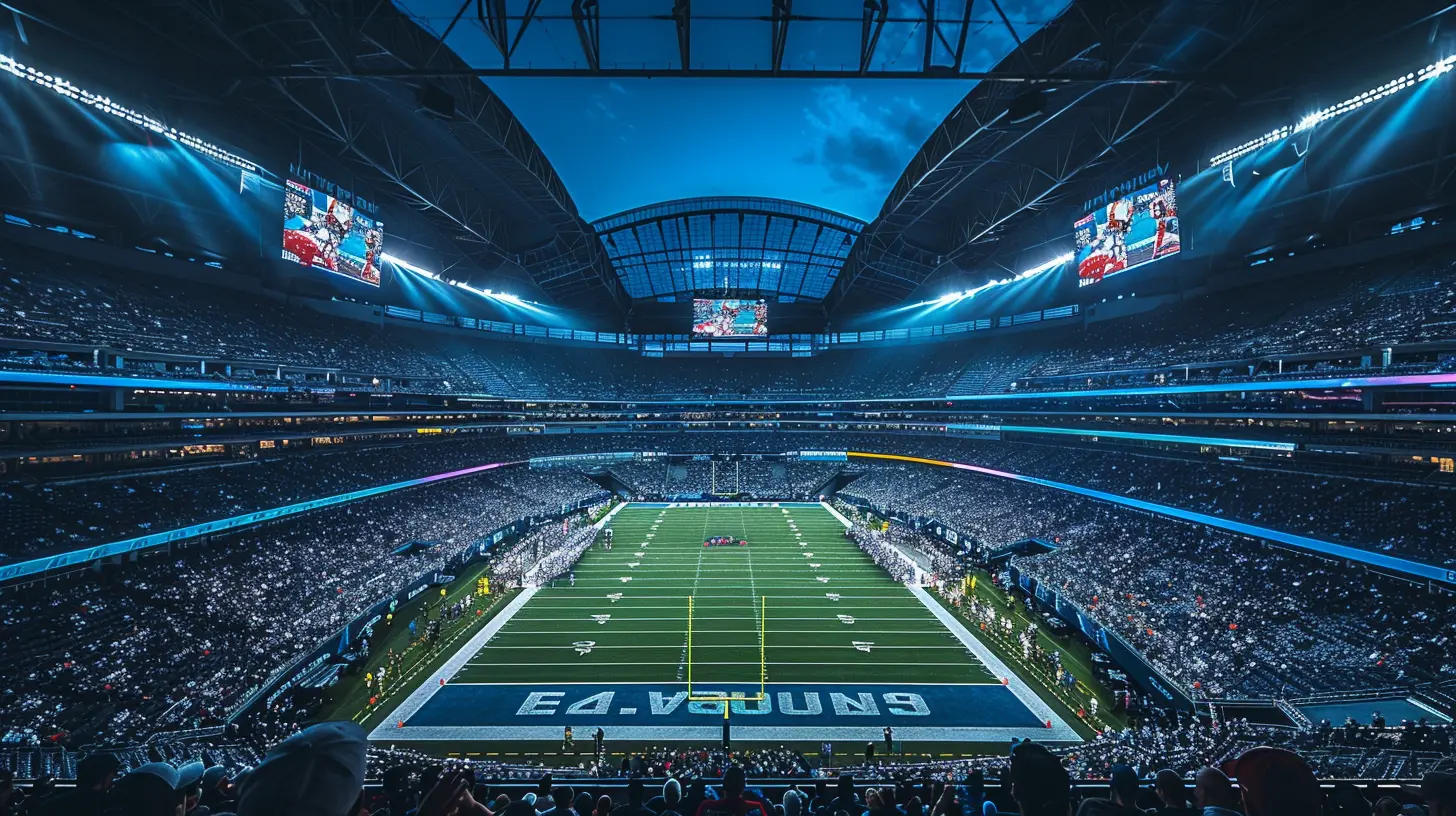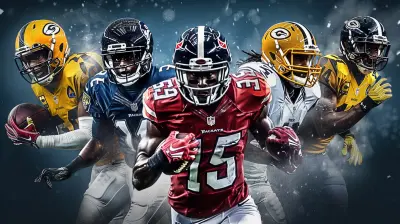How Rule Changes are Shaping the Future of Professional Sports
15 October 2025
Let’s face it—sports are changing. Not just in the way they’re played, but in how they’re experienced, consumed, and governed. Ever notice how the games you used to watch 10 or 20 years ago seem slower, rougher, or even less exciting compared to today? That’s not just nostalgia messing with you. Sports leagues all over the world have been tweaking, adjusting, and sometimes flat-out rewriting their rulebooks to stay relevant, safe, and engaging in this fast-paced digital age.
In this post, we’re diving deep into how rule changes are shaping the future of professional sports. So, whether you're a die-hard fan, a casual observer, or just curious about why things aren’t played the way they used to be, you're in the right place.
Why Are Rules Changing?
Before we look at specific sports, let’s answer the big question: why are rules changing in the first place?The short answer? To keep up.
Changing audience preferences, advances in player training, new technology, health concerns, and the pressures of commercial success have all prompted rulemakers to adapt. Sports leagues want to keep fans entertained, players safe, and the product on the field (or court or ice or pitch) as competitive as possible.
So, yeah—those tweaks aren’t arbitrary. They're strategic. They're about survival and growth in a world where everyone’s vying for attention.
The Impact of Technology on Rule Changes
Think about how many times you've seen a game paused to review a decision. Instant replay, VAR (Video Assistant Referee), Hawk-Eye, and high-speed cameras have redefined officiating in almost every major sport.Instant Replay: Friend or Foe?
Instant replay adds clarity but also introduces delays. For fans, it’s a double-edged sword. On one hand, bad calls are corrected. On the other, it sometimes kills the vibe of the game. But in the big picture? It raises the stakes for fairness.The NFL, NBA, and MLB have all expanded their use of replay reviews. Even tennis and cricket, once considered old-school, now rely heavily on tech to make close calls.
The point is simple: we expect precision now, and rules are being adjusted to ensure technology fits into the natural rhythm of the game.
Rule Changes for Player Safety
Player safety isn't just a buzzword—it's a movement. With more awareness about long-term injuries, especially concussions, sports organizations are rewriting the rules to protect athletes.Football’s Tug-of-War: Physicality vs. Safety
Perhaps nowhere is this more obvious than in American football. The NFL has introduced a slew of rule changes—helmet-to-helmet contact penalties, targeting penalties, and expanded concussion protocols. Kickoffs have been adjusted to reduce high-speed collisions. Some fans mourn the loss of old-school grit, but the reality is that these changes are saving careers—maybe even lives.Hockey and Fighting: The Ice is Thinning
In the NHL, fighting isn’t gone, but it’s less tolerated. Rules are stricter, and enforcers are fading out of the league. Headshots are now heavily penalized, and body checks are being scrutinized like never before.The message is clear: tough doesn't have to mean reckless.
Speeding Up the Game
In a world where TikTok videos last 30 seconds, attention spans are shrinking. Let’s be honest—no one wants to watch a 4-hour game filled with timeouts, replays, and slow play.Baseball’s Shot Clock?
Yes, you read that right. MLB introduced the pitch clock to combat dragged-out games. Pitchers are now on the clock, forcing them to work faster and keep the pace lively. Combine that with limits on mound visits and defensive shifts, and you're looking at a very different style of play than what your grandpa grew up watching.Basketball's Shot Clock Evolution
Basketball has always had a shot clock, but the NBA and FIBA have shortened offensive rebounds to just 14 seconds, encouraging faster play. And the Elam Ending format used in events like the NBA All-Star Game is an exciting twist that ensures a thrilling climax without the usual intentional fouls.Soccer’s VAR Time Woes
Even soccer, often criticized for time-wasting and flopping, is fighting back. VAR reviews aim to be faster and more efficient, and referees are getting stricter on time-wasting tactics. Additional stoppage time is now calculated more accurately to keep things fair and engaging.Leveling the Playing Field
Let’s talk competitiveness. Rule changes often aim to balance the scales a bit. Dynasties are cool and all, but leagues need underdogs to keep fans invested.Salary Caps and Draft Systems
While technically not "in-game" rules, salary caps and draft regulations are off-field rule changes that deeply influence the competitive landscape.The NFL, NBA, and NHL all use salary caps and draft systems to prevent wealthier teams from stacking their rosters unfairly. The NBA has even introduced the “luxury tax” to penalize teams that overspend.
Tennis Tiebreak Changes
Tennis has recently unified their Grand Slam rules, mandating tiebreaks in final sets to avoid those 20-18 marathons. This keeps players fresher and matches more digestible for viewers—especially casual ones.Embracing Diversity and Inclusion
Rules are also changing to reflect a more inclusive, modern world.Gender Equity in Sport
Women's sports are finally gaining more attention, and organizations are adjusting rules to support the growth. From increased prize money in tennis to equal playing conditions in soccer, positive shifts are happening.Transgender Athlete Policies
This is a complex and ongoing discussion, but it’s important. Leagues around the world are reassessing eligibility rules for transgender athletes to balance inclusion with fair play. These updates are shaping not just the policies but the ethical future of sports.Financial Motives Behind the Curtain
Let’s not sugarcoat it—money talks.Rule changes aren’t always about safety or fairness. Sometimes, they’re straight-up business decisions.
More Commercial Breaks, More Ad Revenue
You’ve probably noticed this in football and basketball—timeouts seem perfectly timed for ads. Rule tweaks often help create more “natural breaks” for commercials. It’s not always fan-friendly, but it helps leagues and broadcasters rake in billions.Shorter Games, Higher Ratings
TV networks want shorter, more digestible games to fit into broadcasting windows. Reduced downtime means tighter programming and more return on investment for advertisers. Rule changes that speed up games directly serve that agenda.Fan Experience is Driving Change
Ultimately, fans hold the power. If viewership drops, so does revenue, and leagues know it.Interactivity and Engagement
Some leagues are experimenting with interactive rule sets—think The Basketball Tournament (TBT), which uses the Elam Ending to avoid late-game fouling. The XFL and USFL have tried unique kickoff rules, 3-point conversions, and transparent officiating—all designed for entertainment.These aren’t just gimmicks. They’re proving grounds. If fans love the changes, don’t be surprised if the big leagues “borrow” them.
What Do These Changes Mean for the Future?
So, what’s the bottom line here?Rule changes are about making sports better—not just different. Sure, there'll always be purists who cry foul every time something new is introduced. But innovation is the very reason professional sports have remained relevant for over a century.
The future of sports isn't just about who runs the fastest or scores the most—it’s about how the game unfolds. The drama. The pace. The fairness. The player health. The viewing experience. That's what rule changes are really shaping.
As fans, we have front-row seats to this evolution. And whether you're cheering from the stands, streaming from your couch, or yelling at your fantasy lineup, these shifts are transforming how we bond with the games we love.
So the next time you see a rule change on the news or hear commentators debating a new policy, ask yourself: is this the beginning of a new era?
Chances are…it is.
Closing Thoughts
Sports are as much a reflection of society as they are a form of entertainment. As society evolves—digitally, culturally, and ethically—sports must follow suit. Rule changes may sometimes feel jarring, but they’re essential for progression.Change is the name of the game now. And truth be told? The game might just be better because of it.
all images in this post were generated using AI tools
Category:
Professional SportsAuthor:

Onyx Frye
Discussion
rate this article
1 comments
Indigo McCallum
The article insightfully examines the impact of rule changes on professional sports, highlighting how they enhance player safety, game pace, and fan engagement. By adapting to modern expectations, leagues are not only redefining competition but also ensuring the longevity of their sports.
November 7, 2025 at 3:29 AM

Onyx Frye
Thank you for your insightful comment! I’m glad you found the article's examination of rule changes relevant to player safety, game pace, and fan engagement. It's crucial for leagues to adapt to modern expectations for the future of sports.


